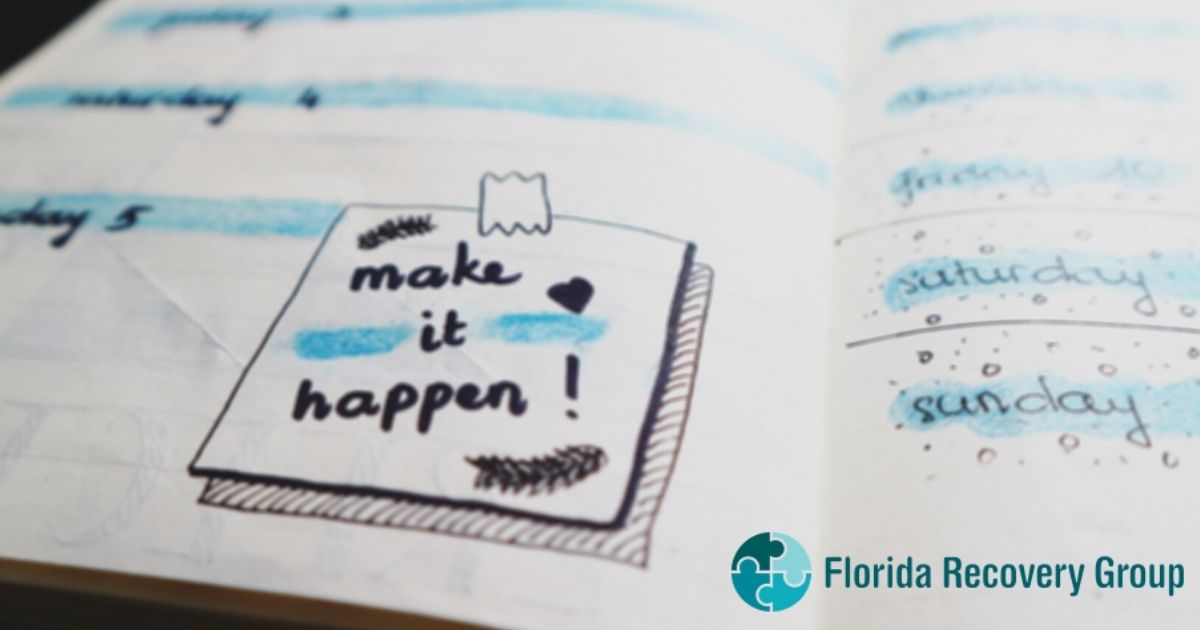
06 Oct Important Elements of a Substance Abuse Treatment Plan
For individuals who are seeking to recover from the effects of addiction and substance abuse, getting sober is the primary focus. While getting clean is a very important step, comprehensive substance abuse treatment plans incorporate more than this initial goal. For example, these treatment plans must take into consideration the ongoing obtainment and application of the necessary tools for sustaining sobriety beyond the detox stage.
To begin with, most treatment plans include an intake screening process. During the screening process, vital information about the patient is obtained. Some of this information may include the age of the patient, the type of substances they are addicted to, medical and mental health history, as well as current risk levels. By acquiring this information, medical professionals are able to determine the patient’s needs for treatment.
To ensure the best outcomes of life-long sobriety, validated assessment tools must be utilized before, during, and after treatment. These assessments are used to track a patient’s existing strengths and identify the areas that require extra support during recovery. Additionally, these screening tools allow addiction specialists to determine what a patient needs to be included in their substance abuse treatment plan.
What is Included in a Drug or Alcohol Abuse Treatment Plan?
After the initial assessment has been completed, the doctor will have collected the information needed to craft a comprehensive and individualized treatment plan. To explain, a comprehensive treatment plan will include procedures to help address issues from all areas of a patient’s life. Both the current situation and the patient’s goals will be incorporated into the treatment plan. To be specific, the major areas of focus are physical, social, and mental-emotional needs.
Addressing Physical Needs
According to Maslow’s Hierarchy, a famous model of human needs, tending to one’s physical needs during recovery from substance abuse is extremely important. This model explains that our physical needs form the base of our entire system’s growth. Unfortunately, without food, safety, and healthcare, the human body stops working correctly, causing further progress to become impossible.
A substance abuse treatment plan should address the patient’s questions about physical needs, such as:
- Housing – Where will the patient be staying during treatment?
- Transportation – How will the patient get to and from the treatment center?
- Medical – Which medications will be most efficient in treating this substance’s symptoms of withdrawal? Are any other health concerns present?
- Safety – What steps will be taken to ensure that the patient is safe and well cared for?
Treating Social Needs
A huge part of becoming healthy after dealing with the effects of addiction includes addressing an individual’s social needs. Socialization and connection are ingrained into human nature, so much so, that individuals who are not being social, or connecting with others, begin to suffer. Unfortunately, both the abuse of drugs and abstaining from drugs may negatively impact an individual’s social life. Important aspects of a person’s social life include interacting with those in our family and friend groups, as well as our experience within the workforce and with the law.
A comprehensive substance abuse treatment plan must address the following questions pertaining to one’s social life:
- Family and Friends – What does the recovering person need from loved ones? What do loved ones need from the recovering person?
- Work – What needs to happen for the recovering person to achieve, or keep employment?
- Legal – Are there any legal hurdles that have occurred as a result of substance abuse or sobriety? Are any legal resources needed?
Healing Mental-Emotional Needs
As an individual recovers from the physical symptoms of withdrawal, they may notice an increase in their levels of stress, depression, and anxiety. For some patients, this may occur because their substance abuse was masking symptoms of preexisting mental health conditions. On the other hand, some individuals may develop symptoms of stress as a result of cessation. Either way, individuals who continually receive mental and emotional treatment are more likely to achieve long-term sobriety.
Therefore, substance abuse treatment plans must include the following mental-emotional components:
- Education – What does the patient need to know about addiction and maintaining sobriety?
- Therapy – What mental health issues does the patient suffer from? What does the patient need to discover about themselves and others?
- Compassion and Support – What are the individual’s unique struggles, and how can we help?
Attending Treatment that Includes Comprehensive Substance Abuse Treatment Plans
To effectively treat addiction and the lasting effects it may cause, rehab centers must provide comprehensive and individualized treatment plans. To explain, comprehensive substance abuse treatment plans should be an evolving guideline for wellness, sobriety, and recovery. In other words, a patient’s treatment plan should be carefully crafted to treat every aspect of the individual’s unique issues. First, the treatment plan must include the patient’s concerns about treatment; access, and referral to community resources; as well as cultural factors that many make a difference throughout treatment.
If you or a loved one are in need of treatment for substance abuse, look no further. Florida Recovery Group understands the importance of creating an individualized and comprehensive treatment plan. We take each and every aspect of a patient’s life into consideration to create a unique approach to treating the physical, mental, emotional, and social elements of their addiction. Contact us today for more information on how to get started today!





